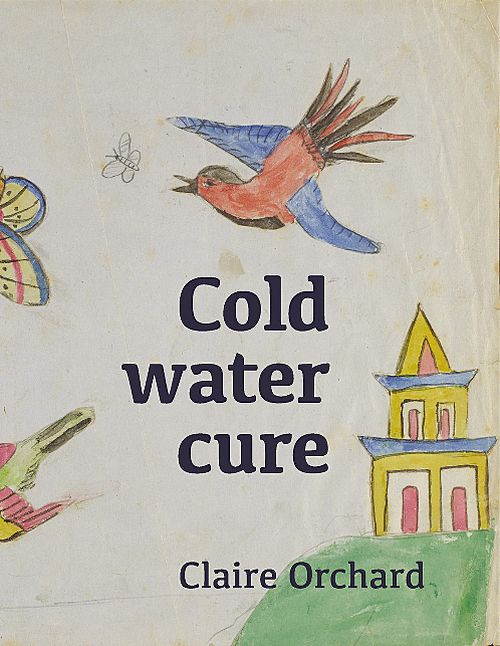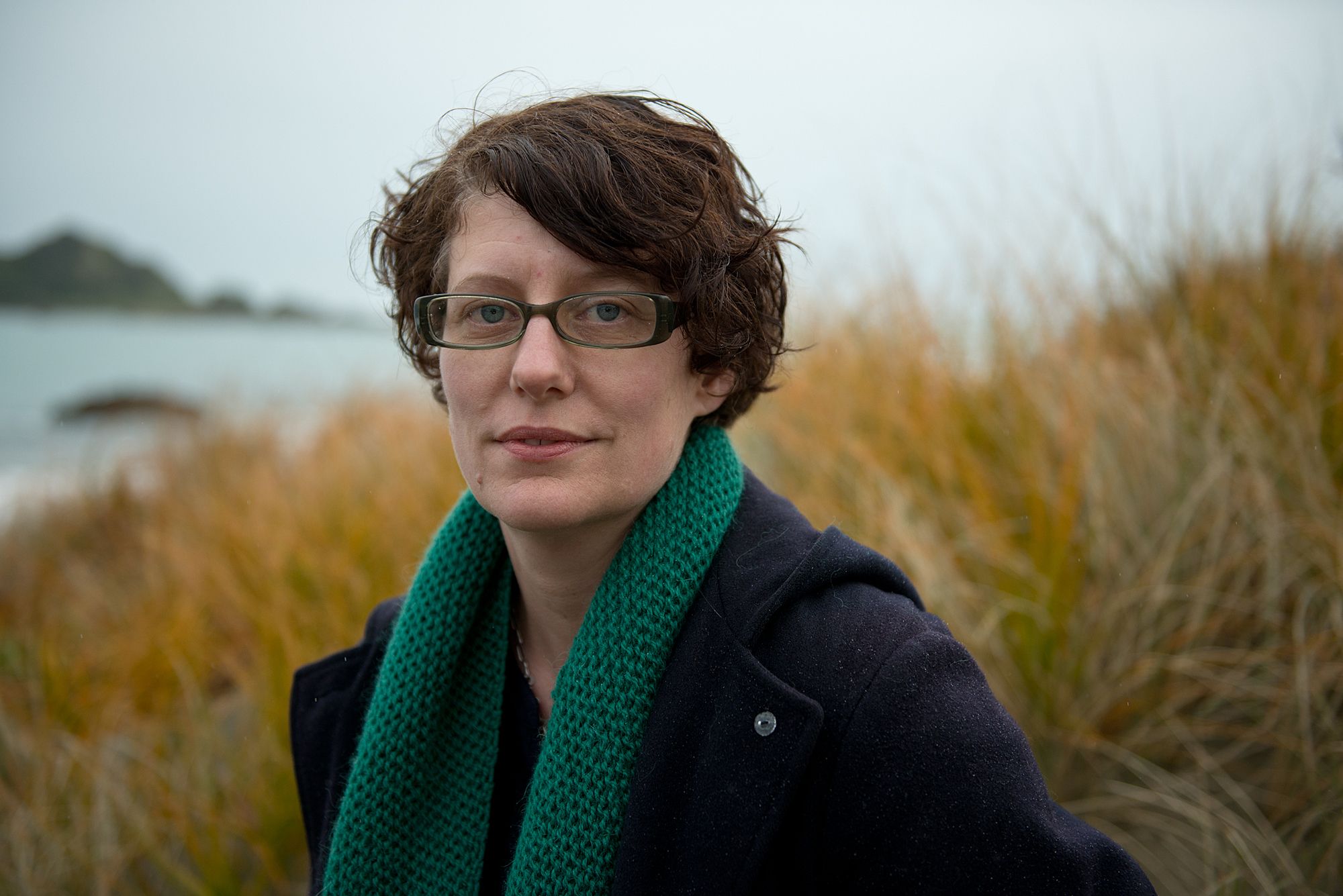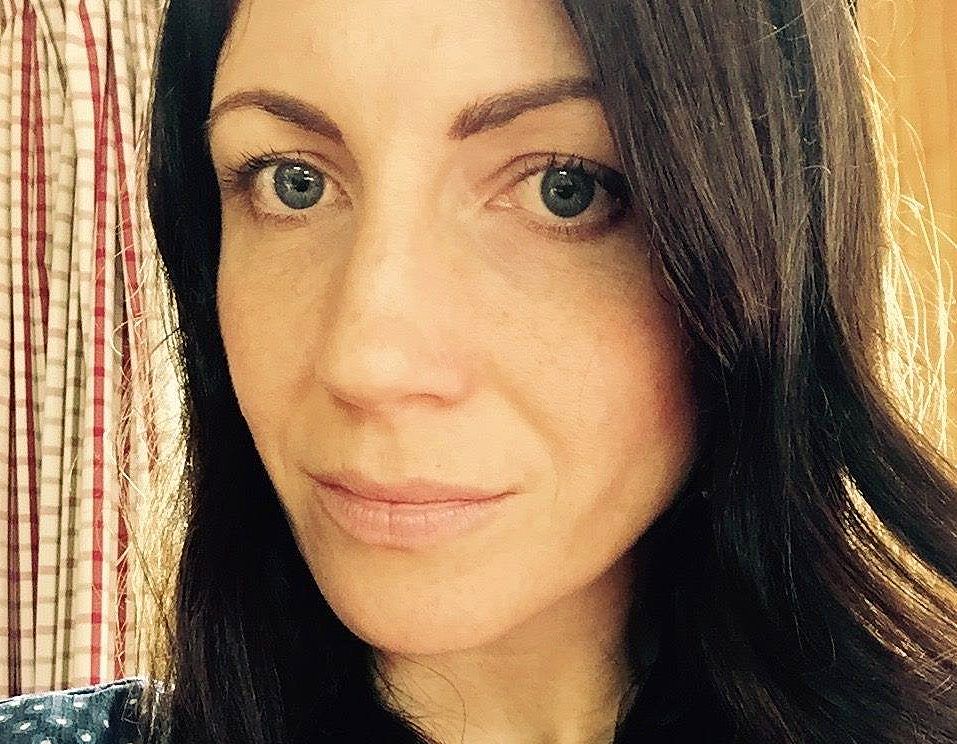Review: Cold Water Cure
Sarah Barnett
Charles Darwin and his wife Emma had ten children. He loved to play billiards and would spend hours practising his shots. He was sometimes a distracted house guest, one time leaving a dead mole in a drawer. This is Darwin as portrayed in Claire Orchard’s debut collection, Cold Water Cure. These poems show Darwin during the period when, as a young naturalist, he took an exploratory trip on the HMS Beagle and then wrote On the Origin of Species.
The danger when writing biographical poetry is to simply retell, albeit lyrically, what is already known. Cold Water Cure manages to leap this trap. In a recent interview, Orchard said “For me as a writer, the primary attraction became exploring the parallels I detected between the life he was leading in his society then and the one I’m leading now.”
Through Darwin and Orchard’s explorations, Orchard achieves a fascinating time travel. We move between her world – she’s a primary teacher with a family of her own – and Darwin’s work, family life, and daily routines. Some of this is done through direct comparison, such as the exceptional eighteen-part poem ‘Voyages,’ where Darwin’s words are left aligned, and the poet’s are to the right. Orchard’s skillful construction suggests the voices could (almost) be interchangeable, which collapses perspective. It’s a beautiful meditation that touches on social issues, evolutionary theory, and our brutality and mortality. It also works to compare the quiet spaces between events in Darwin’s life against Orchard’s:
A moonlit night on deck,
clear heavens, the dark
glittering sea a dead calm,
the heaving surface polished
like a mirror and all still save
the occasional flapping of the canvas.
Over us all hangs the same sky
the science teacher announced
out of the blue-grey Friday afternoon;
we were studying clouds at the time.
Afterwards I stood at the school gate,
rolling my ankles this way, then that,
one, then the other, not really thinking
about any of it, waiting on the rain.
Orchard also uses less direct methods of comparison in ‘exploring the parallels.’ Some of the most moving poems are about the death of Darwin's daughter, Annie, who died a month after her tenth birthday. Orchard uses lines from Darwin’s letters to his wife during Annie’s illness, but also imagines Darwin’s reaction to the death. I found these poems haunting, showing Darwin as a person beyond the mythologised scientist.
The ‘Annie’ sequence echoes the first section of the collection, where the poems are about Orchard’s experience of being a teacher and mother. Without a doubt, the way Orchard reveals meaning in these domestic and everyday situations is a great pleasure of the collection. In these poems there are subtle dangers – falling down the stairs, cutting a finger on a blade. The children seem to be growing away from the speaker and into the uncertain and sometimes disappointing world of adulthood.
I thought a lot about what Orchard wanted to achieve with the collection. I’m not sure that I would have had the guts to place myself – my small life – alongside Darwin. This may be the point. The idea can be found in four haiku and a ‘Fibonacci poem’ about Annie’s death. Orchard’s brother wrote her a computer program that extracted seventeen-syllable phrases from an electronic copy of On the Origin of Species. Orchard then had to scroll through the mass of decontextualised text to find sequences that resonated:
Rain
does
not fall
in order
to make the corn grow
any more than it falls to spoil.
The randomness with which Orchard found these poems suggests the arbitrariness of illness. The ‘rain’ of life is something we all have to deal with, and by taking apart Darwin’s greatest work in order to describe his grief, Orchard recontextualises Darwin. He becomes a father, like any other, and the transition is touching. I have returned again and again to these poems.
The other poems in the collection seem to be Orchard trying to understand the ebbs and flows of her own life. The subject matter constantly surprises – in one poem the speaker is ‘train photting,’ while in another the speaker plants a bomb in the National Gallery of Australia. While a few poems feel shoe horned into the collection, Orchard’s humour and imagery made them worth it. The accomplishment of the writing made me feel like I was reading a mid-career poet. There’s real depth here, and an easiness that hides a huge amount of work.
Cold Water Cure is published by Victoria University Press
Cold Water Cure launches at 7:30pm this evening as part of the Wellington Writers Festival. The launch will be at the Black Sparrow Bar, Embassy Theatre. Entry is free.


